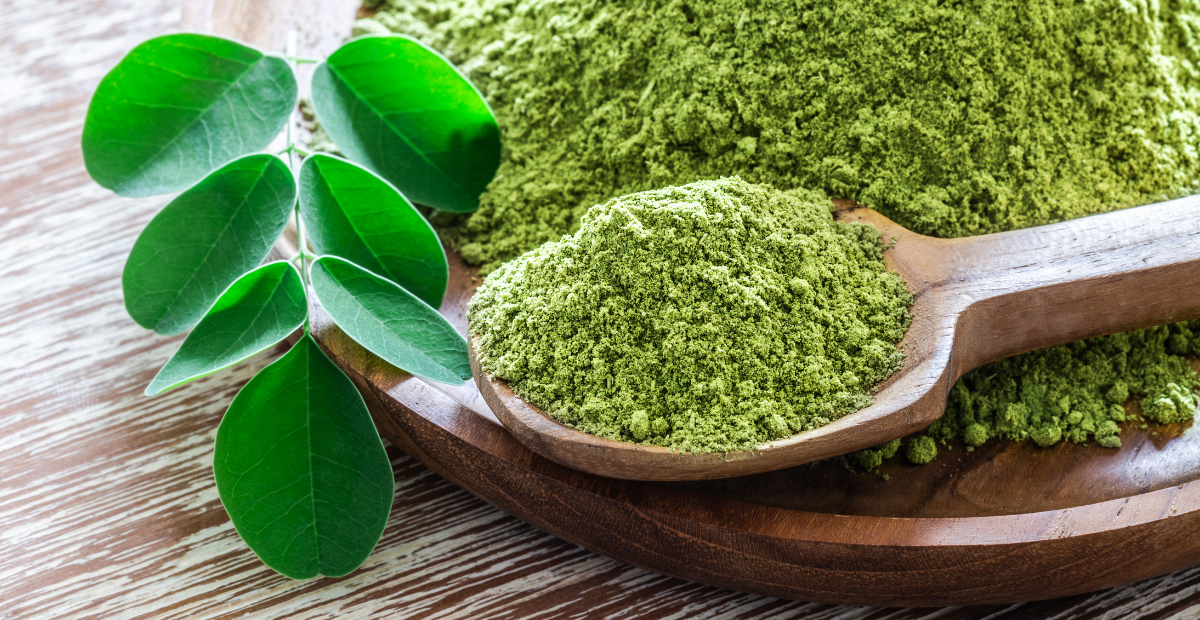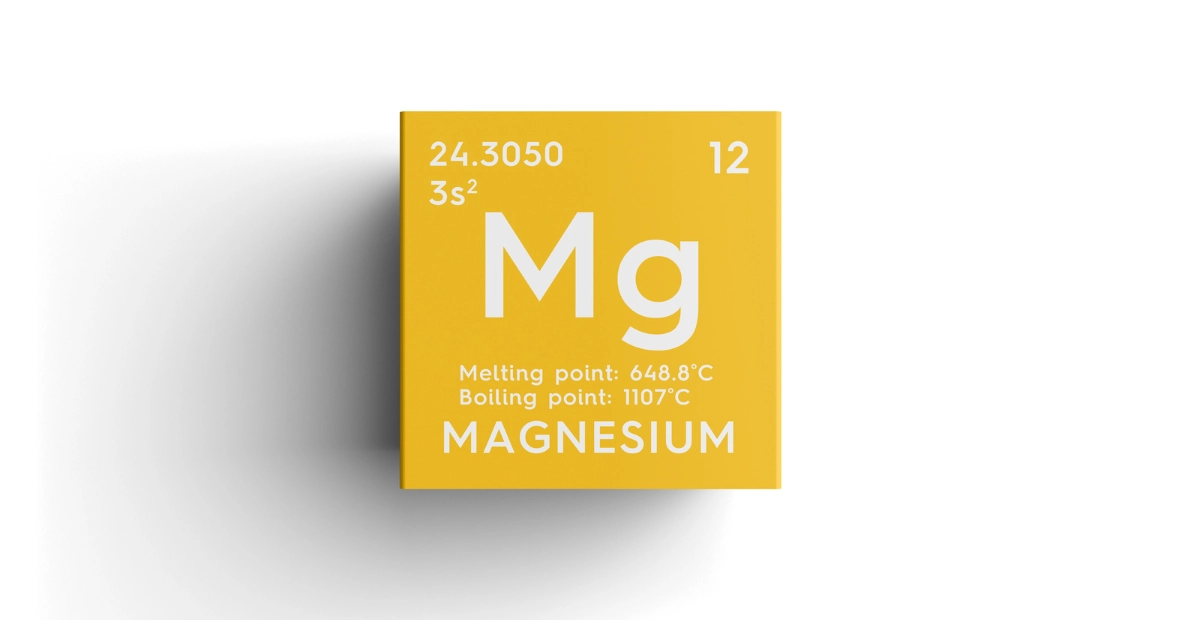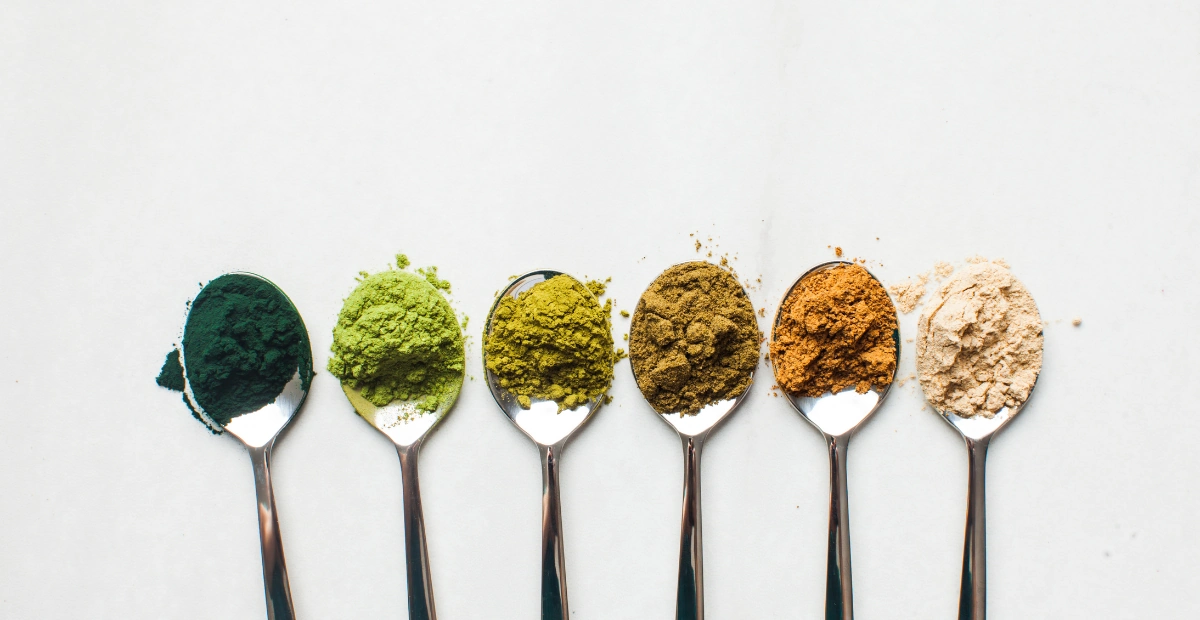Saffron Health Benefits: Discover Why This Golden Spice Is Good for You
-
By: Nutra Guru
-
September 30, 2024
Saffron Health Benefits: Why This Golden Spice is Good for You

Table of Contents
Introduction
Saffron, known as the “golden spice,” has been used for centuries in both culinary and medicinal contexts. Its distinctive aroma, color, and flavor make it a prized addition to many dishes, but beyond its use in the kitchen, saffron is also known for its numerous health benefits. Ancient civilizations like the Greeks and Persians have used saffron for its medicinal properties, and modern science is beginning to uncover the mechanisms behind these benefits.
In this article, we will explore the many health benefits of saffron, including its antioxidant properties, mental health benefits, and more. Whether you’re looking to improve your mood, enhance your heart health, or simply learn more about the benefits of this luxurious spice, read on to discover why saffron should be a part of your wellness routine.
What is Saffron?
Origin and History of Saffron
Saffron comes from the flower of *Crocus sativus*, commonly known as the saffron crocus. It is believed to have originated in the Mediterranean region, particularly in Greece and Iran. Historically, saffron was highly prized by ancient royals for its unique color, medicinal properties, and even as a perfume.
How Saffron is Harvested
Harvesting saffron is a labor-intensive process. Each saffron flower contains three red stigmas, which are carefully hand-picked, dried, and processed. It takes around 75,000 saffron flowers to produce just one pound of saffron, making it the world’s most expensive spice.
Nutritional Value of Saffron
Saffron is rich in bioactive compounds like crocin, safranal, and picrocrocin, which contribute to its health-promoting properties. It also contains vitamins such as vitamin C, and minerals like magnesium and potassium, which play essential roles in overall health.
Top Health Benefits of Saffron
Saffron as an Antioxidant Powerhouse
Saffron is loaded with powerful antioxidants, including crocin, crocetin, and safranal. These compounds help protect cells from oxidative stress, a condition that can lead to chronic diseases such as cancer and cardiovascular disease. Studies have shown that crocin can significantly reduce the formation of harmful free radicals, helping to maintain cell health and prevent premature aging.
One study conducted by the National Center for Biotechnology Information found that saffron extract improved antioxidant status in participants, reducing markers of oxidative stress by up to 30%. This antioxidant property makes saffron a valuable addition to a diet aimed at promoting longevity and vitality.
Saffron for Mental Health
Saffron has been shown to have a positive impact on mental health, especially when it comes to reducing symptoms of anxiety and depression. Crocin and safranal are believed to increase serotonin levels, a neurotransmitter associated with mood regulation.
In a clinical trial, saffron extract was found to be as effective as fluoxetine (commonly known as Prozac) in treating mild to moderate depression. Participants who took saffron extract showed significant improvements in their mood, with fewer side effects compared to traditional antidepressants. This makes saffron an appealing natural option for those seeking relief from mood disorders without relying heavily on pharmaceutical solutions.
Anti-Inflammatory Effects
Inflammation is a natural response to injury or infection, but chronic inflammation can contribute to the development of numerous health conditions, such as arthritis and heart disease. Saffron contains compounds that have anti-inflammatory properties, which may help reduce inflammation in the body.
A study highlighted by the International Journal of Molecular Sciences showed that saffron supplementation reduced C-reactive protein (CRP) levels, a marker of inflammation, by nearly 20%. These anti-inflammatory effects may be beneficial for individuals suffering from chronic inflammatory conditions.
Saffron for Heart Health
Saffron may also support cardiovascular health by helping to lower blood pressure and cholesterol levels. The antioxidants in saffron help prevent the oxidation of cholesterol, which can lead to plaque buildup in the arteries.
According to a study published in the Journal of Ethnopharmacology, regular consumption of saffron significantly reduced LDL (“bad”) cholesterol levels while boosting HDL (“good”) cholesterol levels. Participants experienced a reduction in LDL cholesterol by 10%, highlighting the potential of saffron in maintaining heart health.
Saffron for Weight Loss
One of the lesser-known benefits of saffron is its ability to aid in weight management. Saffron appears to act as an appetite suppressant by affecting serotonin levels, which may help reduce cravings and emotional eating.
A placebo-controlled trial found that participants who took saffron extract reported a 55% reduction in their snacking frequency, ultimately leading to better weight management. This makes saffron a valuable tool for those looking to curb cravings and maintain a healthy weight.
Saffron and Skin Health
Saffron is also believed to benefit skin health. It has been used in traditional beauty treatments to improve complexion and reduce hyperpigmentation. The antioxidants in saffron help to protect the skin from oxidative stress, which can cause skin aging and blemishes.
Applying a saffron-infused face mask is said to lighten dark spots and create a more even skin tone, providing natural radiance to the skin.
Aphrodisiac Properties
Saffron has a history of being used as an aphrodisiac, and recent studies support this traditional use. It is believed to enhance sexual function in both men and women.
In a study conducted with participants experiencing sexual dysfunction, saffron supplementation improved desire and arousal after just four weeks of use. These aphrodisiac properties make saffron a popular natural supplement for boosting libido.
How to Use Saffron
Culinary Uses
Saffron is most commonly used as a culinary spice. It can be added to a variety of dishes, such as rice, stews, and desserts, to impart a golden hue and unique flavor. One of the simplest ways to consume saffron is by steeping it in hot water to create saffron tea.
Supplementation and Dosage
For those seeking the health benefits of saffron without incorporating it into meals, saffron supplements are a convenient option. The typical recommended dosage is 30 mg of saffron extract per day, which has been found to be effective in clinical studies.
Potential Side Effects and Safety Precautions
While saffron is generally safe for consumption in moderate amounts, high doses can lead to side effects such as nausea, dizziness, and headaches. It is recommended to consult a healthcare provider before starting saffron supplementation, especially for pregnant women or those taking medication that could interact with saffron.
Conclusion
Saffron is much more than just a luxurious spice; it offers a wealth of health benefits backed by modern research. From its powerful antioxidant properties to its positive impact on mental health and cardiovascular function, saffron can be a valuable addition to a healthy lifestyle. By incorporating saffron into your diet or taking it as a supplement, you can take advantage of the numerous health benefits it has to offer.
FAQ Section
What is the best way to consume saffron for health benefits?
The best way to consume saffron is by adding it to tea, milk, or your favorite dishes like rice. You can also take it in supplement form for convenience.
How much saffron should I take daily?
The recommended daily dosage is around 30 mg of saffron extract. Consuming saffron in moderation ensures you benefit without risking side effects.
Is saffron safe for pregnant women?
Pregnant women should consult a healthcare provider before consuming saffron, as excessive amounts may lead to complications.
Can saffron improve mood and reduce anxiety?
Yes, studies have shown that saffron can improve mood and reduce anxiety by increasing serotonin levels in the brain.
Are there any side effects of using saffron?
Side effects of saffron are rare but may include nausea, dizziness, and headaches, particularly at higher doses.
How does saffron help with weight loss?
Saffron helps with weight loss by reducing cravings and emotional eating, making it easier to manage calorie intake.
Where can I buy authentic saffron?
You can buy authentic saffron from reputable health food stores, specialty spice shops, or certified online retailers. Look for bright red stigmas with a strong aroma.






